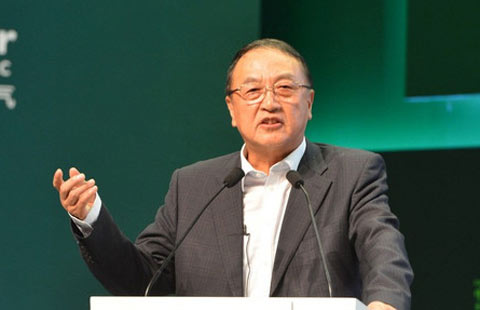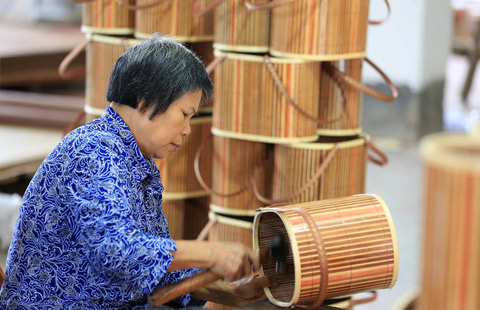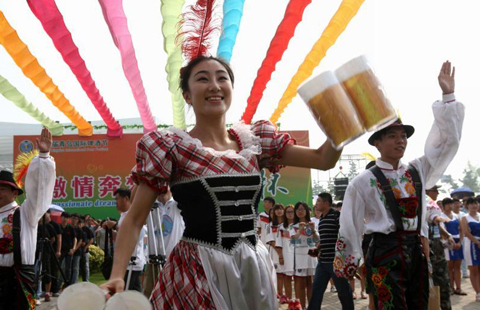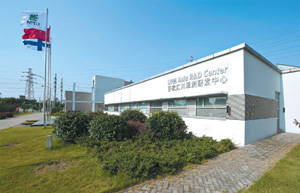China targets high salaries at State firms
(Xinhua) Updated: 2014-08-20 11:23BEIJING - China on Monday reviewed a plan to reform the payment system for executives at State firms under direct central government control, the latest step by the government to reform the controversial income distribution system.
At a meeting of the Central Leading Group for Comprehensively Deepening Reforms, President Xi Jinping said unreasonably high incomes at State-owned enterprises (SOEs) will be adjusted.
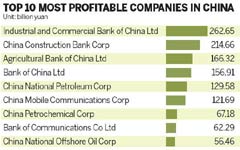 |
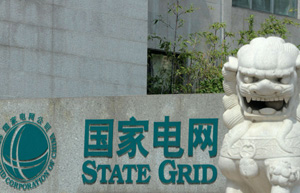 |
Kuang Xianming, director of the Research Center for Economy at the China Institute for Reform and Development, said the plan indicates reform has moved into a critical period affecting the country's vested interests.
China has thousands of SOEs, 113 of which are directly administered by the country's central authority. These enterprises are considered the backbone of the economy, but their inefficiency, monopolies in many areas, unchecked spending and corruption have long been a source of public complaints.
Statistics showed the average annual salary of executives at centrally administered SOEs ranged from 650,000 ($105,691) to 700,000 yuan in 2010 and 2011. Considering that some SOEs prosper on state support, these salaries were unreasonably higher than those of government civil servants.
In addition to the much-envied high salaries, what has most irritated the public has been the so-called "invisible income," such as transportation and communication allowances and other material benefits that SOE officials enjoy.
"This has directly widened the income distribution gap in China," noted Kuang.
Linking income distribution reform with the Party's campaign against extravagance and other undesirable work styles, Xi on Monday stressed that apart from necessary allowed expenses, SOE executives will not enjoy personal perks.
- Canada's Couche-Tard makes short-list in $16 billion Sinopec unit sale: sources
- 12 Japanese auto firms face $200m fine
- Cute pets at agricultural fair in Changchun
- China backs small cultural companies
- Alibaba to launch e-commerce platform for secondhand cars
- China unveils policies to revitalize Northeast
- Heinz recalls four batches of infant food in China
- Car-booking apps start moving up the ladder


